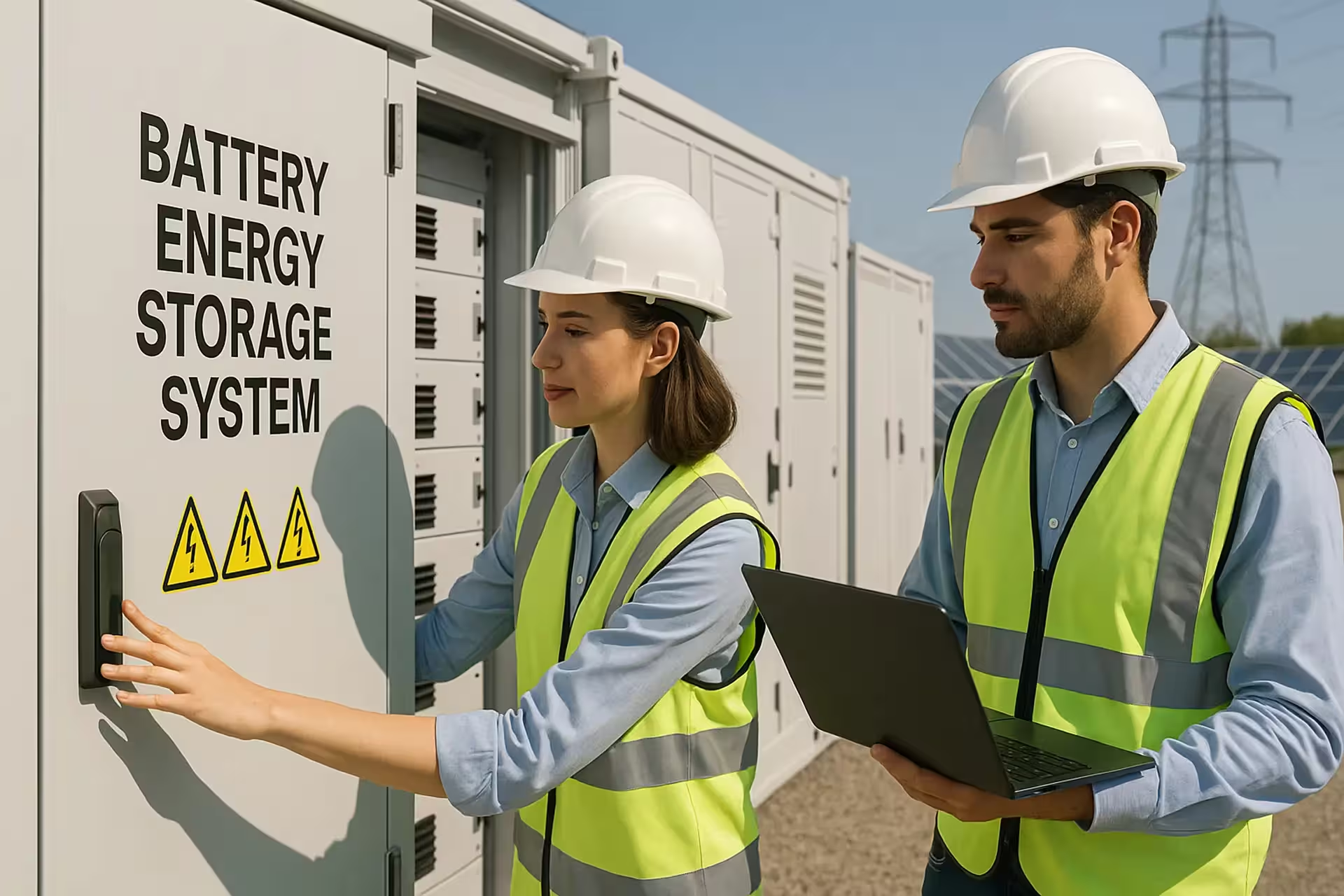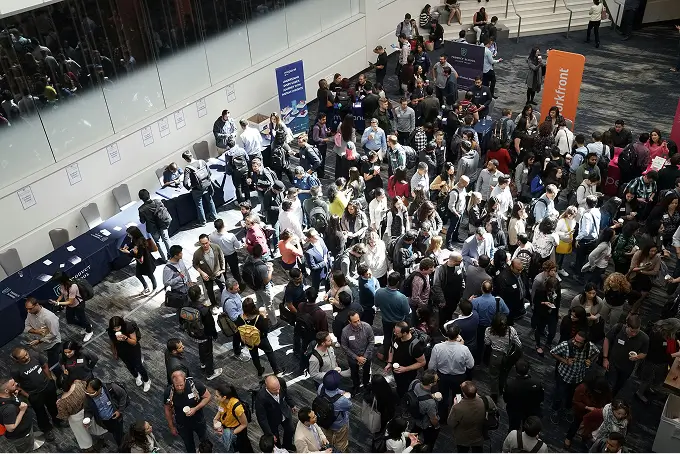Problems and Solutions: Talent as a Hidden Bottleneck in ESS
At TWAICE, we often talk about data quality, analytics accuracy, and system performance. But there’s a critical input to success in the Energy Storage System (ESS) space that’s often overlooked: talent. Read Ryan's second post of his blog series "Problems and Solutions"

While building a lab outside Cleveland, OH in a previous role, I encountered a challenge that many in our industry quietly face - a lack of skilled people. Recruiting was difficult not just because of location bias, but due to a deeper issue: a systemic shortfall in ESS-relevant education and awareness. Even when talent existed, convincing them to move for a job was a hurdle in itself. It highlighted a broader truth - ESS suffers from a talent pipeline problem.
Why Is Talent Scarce in Energy Storage?
This isn’t a simple supply-demand mismatch. It’s structural. Here are the three key reasons:
1. Multidisciplinary Blind Spot
Battery systems lie at the intersection of disciplines - electrical, mechanical, chemical engineering, along with safety, business, utility regulation, and finance. Unfortunately, most education tracks don’t bridge these domains effectively. As a result, few graduates emerge with a skillset tailored to BESS analytics or ESS deployment.
2. Lack of Career Visibility
Most students and professionals don't realize that energy storage is a viable and growing career path. Unlike more publicized fields like software or biotech, ESS isn’t often discussed in university career centers or high school STEM talks.
3. Misalignment of Location and Lifestyle
Many ESS projects are built based on grid logic or industrial convenience, not human factors. Locations often don’t align with where skilled professionals want to live. Solving this involves three levers: enabling remote work, building facilities in desirable regions, or investing in communities to make relocation attractive.
Training Models That Work
The good news? Solutions are emerging. Here are a few I came about:
- Battery MBA: A strong upskilling initiative that provides strategic-level training in battery value chains. Great for those with motivation and industry context.
- Coursera and MOOCs: These platforms can supplement knowledge, though they require high intrinsic motivation and often lack hands-on depth.
- DOE-Led Programs: The U.S. Department of Energy has identified similar workforce concerns and is proposing robust actions:
- Revive electrochemical education by partnering with universities to develop multidisciplinary curricula.
- Create fast-track training programs - 4 to 8-week boot camps through community colleges for production-ready skills.
- Battery boot camps at national labs, offering 1–2 month immersive training in fundamentals like electrode coating, cell assembly, and system design.
Full DOE report: Manufacturing and Workforce Needs in the Energy Storage Industry
Sign up for the next live group demo and learn how TWAICE can transform your BESS operations. In just 30 minutes, you’ll get a demo of key features and use cases, and engage with our product experts for a live Q&A.




.avif)
